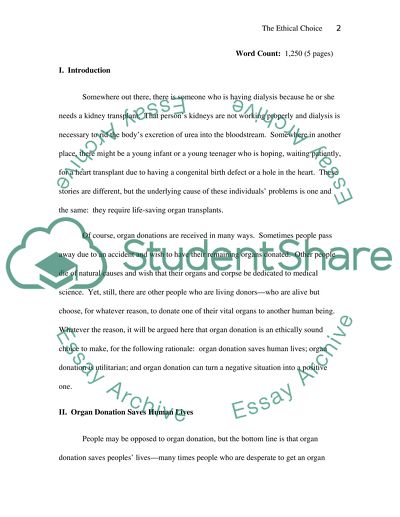Cite this document
(“The Ethical Choice: In Favor of Organ Transplants Research Paper”, n.d.)
Retrieved from https://studentshare.org/health-sciences-medicine/1441747-organ-transplant-i-am-for-organ-transplant
Retrieved from https://studentshare.org/health-sciences-medicine/1441747-organ-transplant-i-am-for-organ-transplant
(The Ethical Choice: In Favor of Organ Transplants Research Paper)
https://studentshare.org/health-sciences-medicine/1441747-organ-transplant-i-am-for-organ-transplant.
https://studentshare.org/health-sciences-medicine/1441747-organ-transplant-i-am-for-organ-transplant.
“The Ethical Choice: In Favor of Organ Transplants Research Paper”, n.d. https://studentshare.org/health-sciences-medicine/1441747-organ-transplant-i-am-for-organ-transplant.


